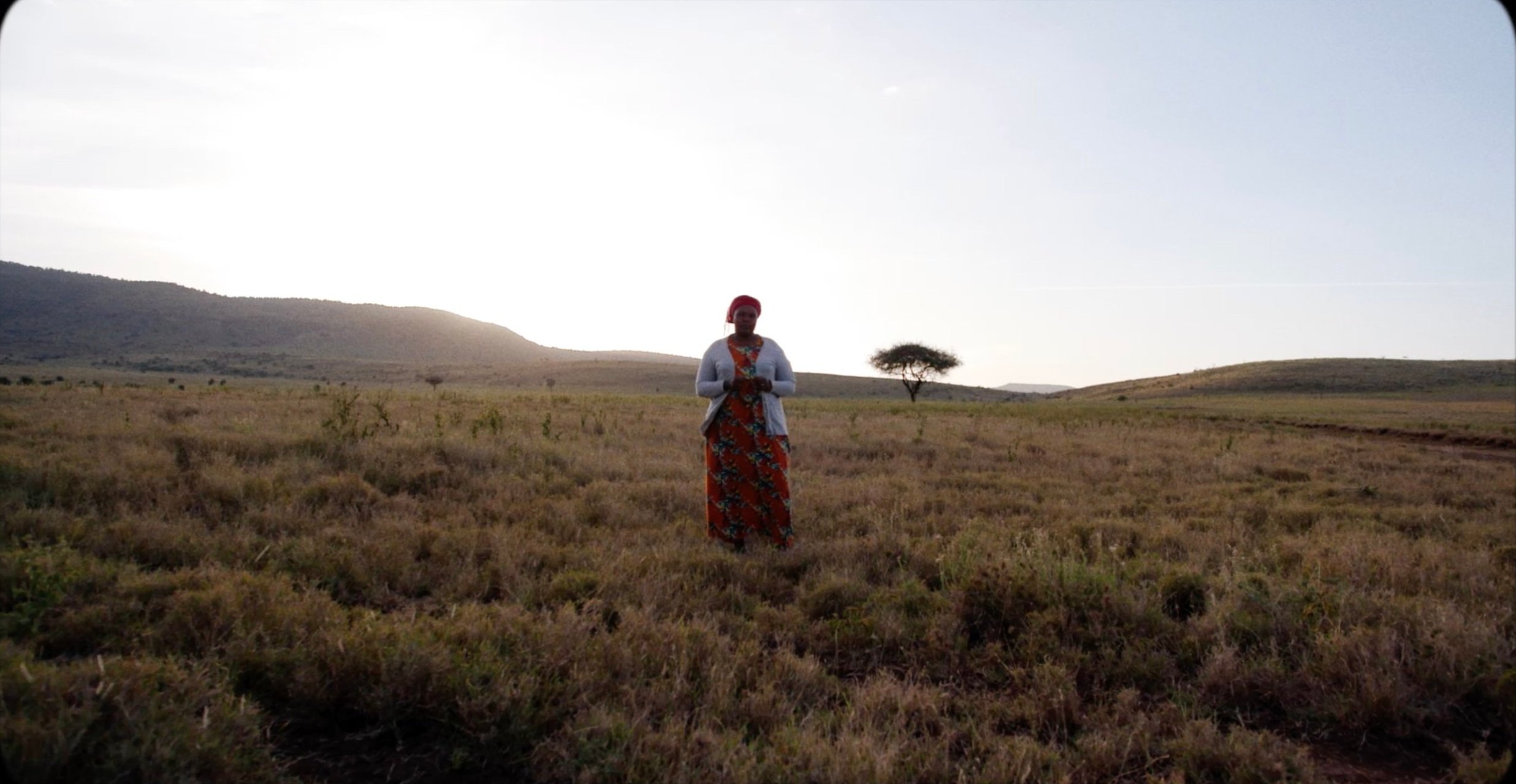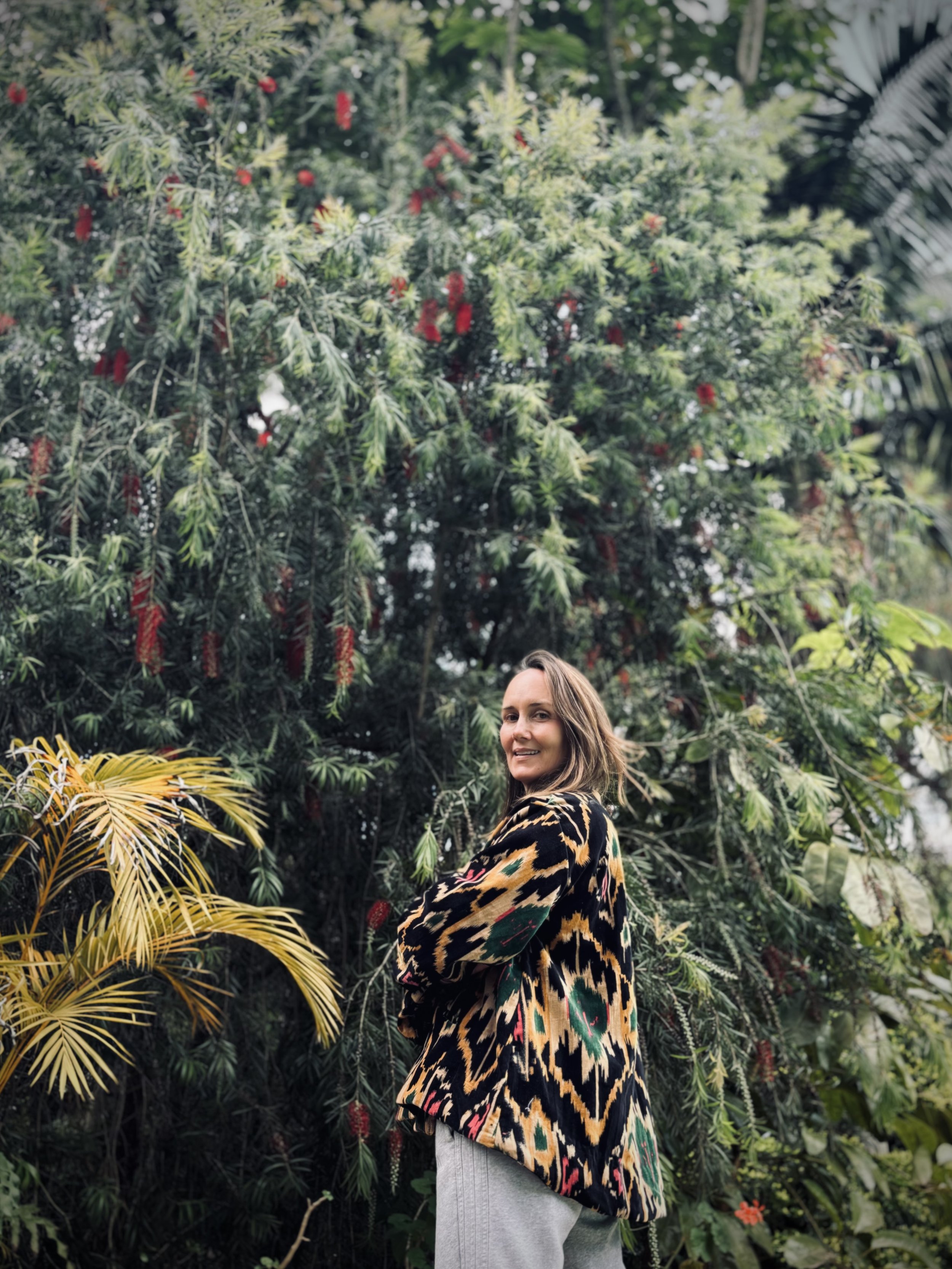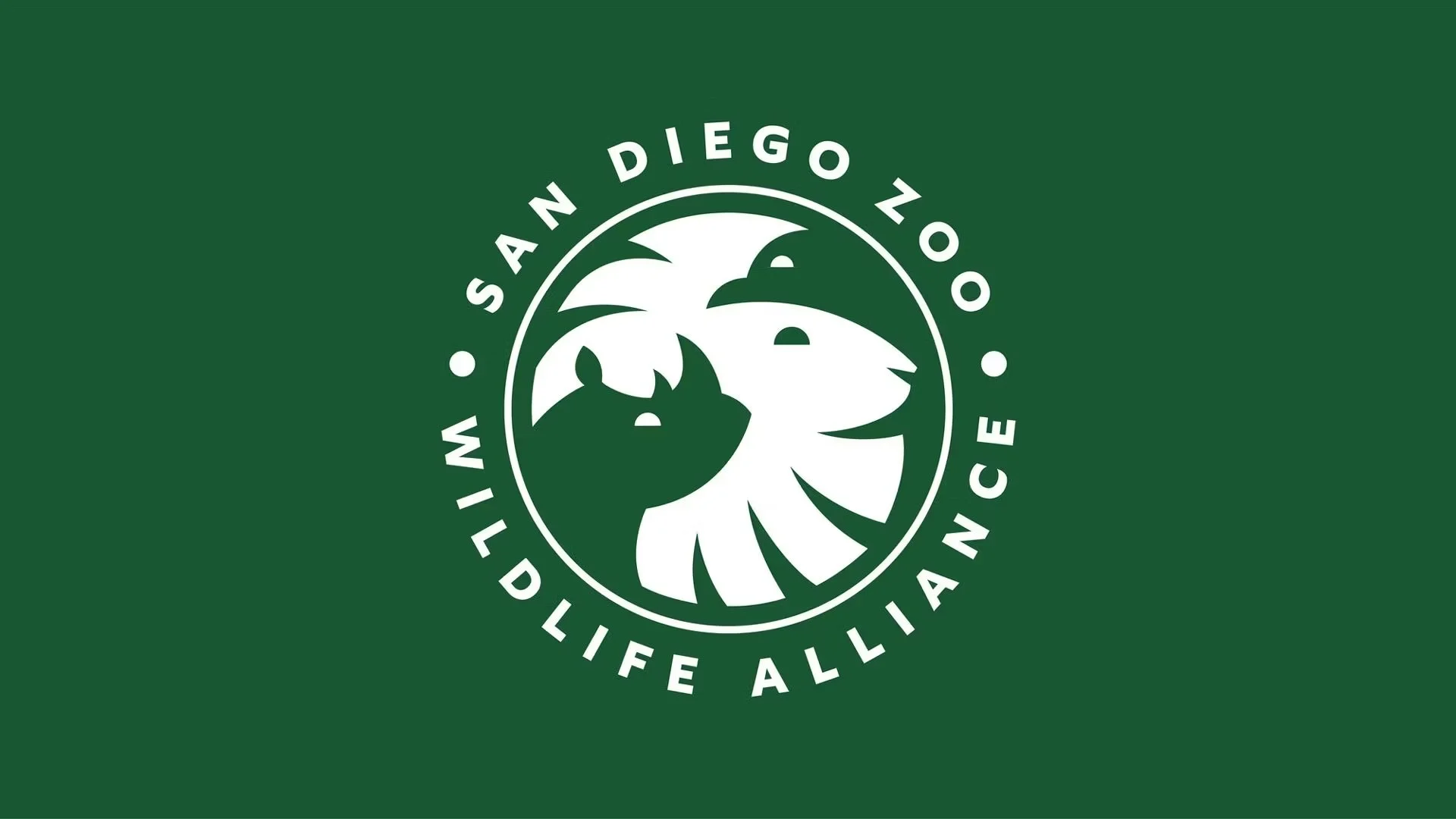
with people, for nature.

Human Nature enables conservation organisations to understand and connect deeply with the people they work with, transforming conservation conflicts and creating inclusive and lasting solutions that balance the needs of people and nature.
Social and Conflict Analysis
Human Nature undertakes social and conflict mapping analysis to help conservation organisations understand the social dynamics, interests, incentives, and power relations that shape conservation outcomes.
We analyse how policies, projects, and interventions are experienced by different groups, identify sources of tension or contestation, and assess risks to delivery, legitimacy, and long-term sustainability.
This work provides an evidence base for more informed strategy, enabling organisations to design interventions and engagement approaches that are realistic, context-appropriate, and resilient in complex conservation landscapes.
Conservation Conflict Transformation
We use restorative dialogue, negotiation and mediation to transform conservation conflicts.
We will help you improve your organisational culture and the communication within it, through strategic analysis, tailored advice, facilitated workshops and skill-building sessions.
We draw on principles of Nonviolent Communication (NVC): a method that emphasises empathy and that human needs are universal.
Healthy Cultures and Communication
Training
Equip yourself or your team with bespoke training on conflict de-escalation, conflict resolution, and practical tools to enhance your ability to communicate, collaborate, and engage.

The Context for Our Work
The conservation sector has come under increased scrutiny and criticism for its lack of inclusivity based on its colonial roots and history of excluding or limiting people’s interactions with nature.
Its focus tends to be on wildlife and biodiversity, rather than on the societies it affects. Practitioners are invariably trained in natural science and often lack the skills to fully engage with people and their complexity.
As a result, conservation practice can at best, fail to understand, and at worst, exclude and negatively impact people's lives.
However the actions and inactions of people shape outcomes for nature. Nature is human. Humans are nature.
Understanding and engaging with people, and all of their diversity and complexity, should lie at the core of conservation work.
This is why Human Nature exists.
People
Dr Lauren Evans
has worked in conservation research and practice in East Africa for 15 years, where tensions between social justice and conservation are glaring and often uncomfortable.
Lauren's PhD and post-doctoral research at the University of Cambridge looked at the political ecology of electrified 'elephant' fences in Laikipia, Kenya: the politics they both represent and create. Lauren delved into issues of identity and access in relation to land by pastoralists and conservationists. She then directed the conservation science department for an international NGO for six years.
Increasingly Lauren felt a drive away from the protectionist, sometimes militarised solutions she faced.
Lauren is now a practitioner in Nonviolent Communication and an accredited mediator (with CEDR and Conflict Dynamics) and experienced in using and thinking about social science and political ecology.








